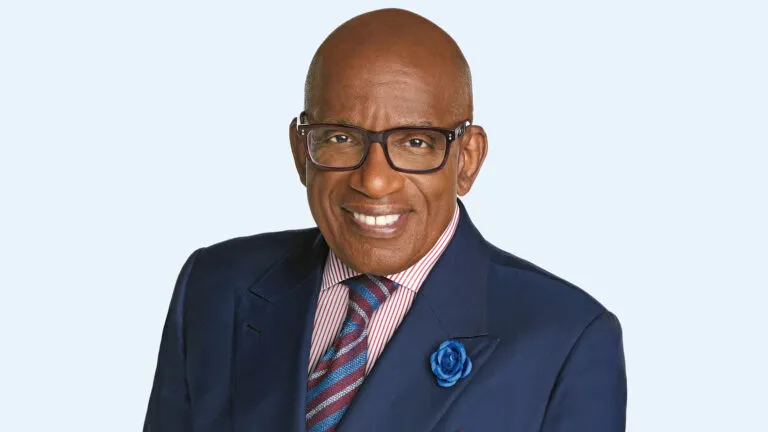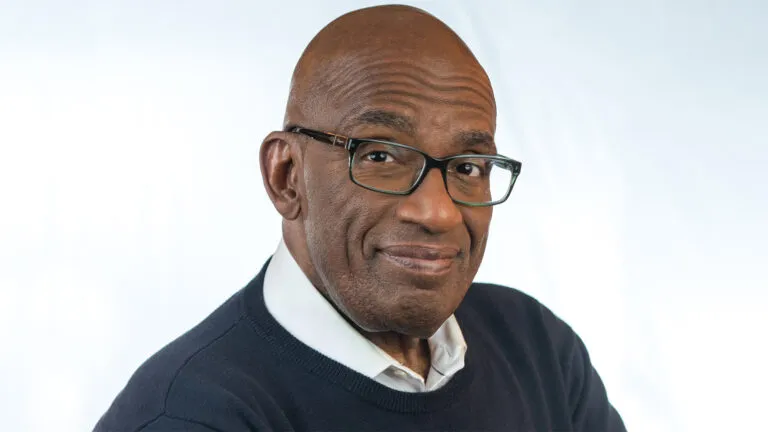A new generation is about to experience Roots.
Almost forty years after the epic 1977 TV miniseries captivated American households for a week—averaging 30 million viewers a night and winning 9 Emmys, a Peabody and Golden Globe Award—A+E Networks is breathing new life into the series.
Based on Alex Haley’s Pulitzer Prize-winning novel, Roots is a fictionalized account of the life of Haley’s ancestor Kunta Kinte, a Gambian warrior ripped from his family, put in chains and shipped across the Atlantic to live as a slave on a Virginian plantation. A tale of survival in the face of oppression and a testament to the endurance of the human spirit, Roots shows the intergenerational impact of slavery in America.
Starring Malachi Kirby as Kunta Kinte, the remake—which will air beginning Memorial Weekend on History, A&E and Lifetime—is 4 episodes long. Each episode has a 2-hour running time.
Executive producer Mark Wolper, son of the original Roots producer David L. Wolper, premiered the first episode of the remake at Tribeca Film Festival, along with Kirby, Regé-Jean Page (Chicken George), Erica Tazel (Matilda) and co-executive producer Will Packer. During the Q&A period at the SVA Theater in New York, the cast and producers spoke with viewers about the pressure of bringing such an iconic story back to the small screen.
READ MORE: ‘THE PASSION’ PUTS A MUSICAL SPIN ON THE STORY OF JESUS
“I resisted it for almost 40 years because I was afraid of the challenge,” Wolper told the audience. “I was afraid of walking in my father’s shadow, of the social environment and what’s going on in America today and what something like this might and might not represent.”
Wolper’s son ultimately changed his mind. When Wolper’s son was 16—the same age Wolper was when his father produced the original series—Wolper had his son watch Roots for the first time. While the young teen recognized the significance of a series like Roots, the show didn’t resonate with him.
“He said, ‘Dad, I understand now why it’s important, but it’s like your music. It doesn’t speak to me,’” Roper explained. “And I realized we had to do it again. It’s a legacy that was given to me, not to avoid but to embrace.”
For Kirby, picking up the mantle to play Kunta Kinte—a part made famous by LeVar Burton so many years ago—meant relying mostly on his faith.
“My main form of preparation was prayer,” Kirby said. “Every single day, before every take, I prayed. After every day, I prayed for the strength to do it again and also for integrity in playing him. I felt like there were things Kunta Kinte goes through that I would never be able to access. The main form of preparation I took was to fill my spirit and fill my knowledge of self. In doing that as Malachi, I found a great pride in where it is that I come from and that’s what I held on to in this journey.”
READ MORE: MORGAN FREEMAN’S ASKING THE BIG QUESTIONS WITH ‘STORY OF GOD’
The premiere episode ends with a chilling scene of Kunta Kinte being punished for not accepting his new identity given to him by his slave owners.
“On the day that we did the whipping scene, I prayed and asked God for help and guidance to tell Kunta Kinte’s truth,” Kirby said. “The second take, I was filled with a pain I had not prepared for. It felt like I had felt the pain of everyone else that was ever whipped. It took me to the point where I broke down. The camera’s stopped rolling but I couldn’t get up. I broke down not because of physical pain, no one was actually hitting me, but because my mind was suddenly open to that pain, not the pain of being whipped but the pain of your identity being taken out of you.”
He hopes a new generation can see themselves in Kunta Kinte’s story.
“Our history does not begin with slavery,” Kirby explained. “That’s the point of focus I would like a young black man to take away as he watches this and also to be proud of his ancestry. It’s not a negative thing to be African. To understand those people who were enslaved were not weak. Those were strong people. We’re here now because they survived.”





